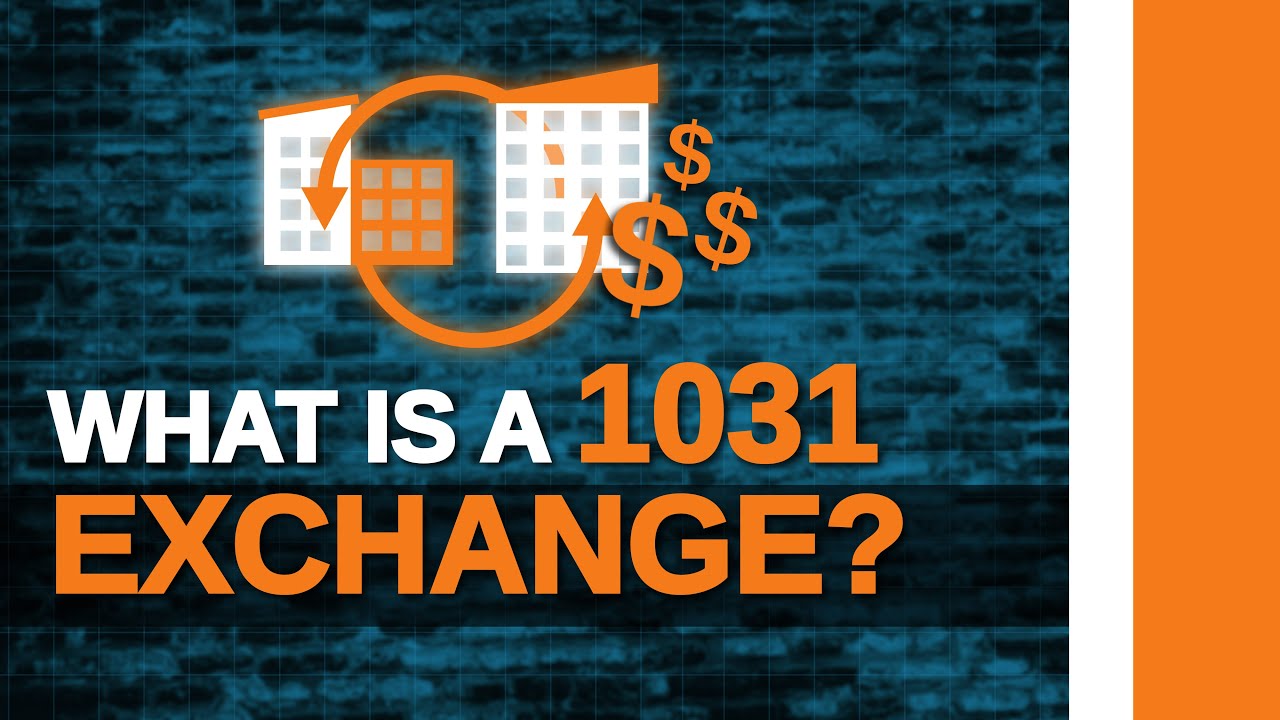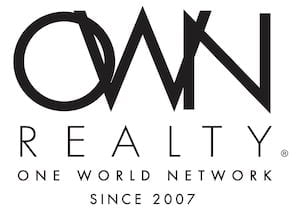1031 Exchange in South Carolina
- Home
- 1031 Exchange in South Carolina
Considering A Tax Deferred 1031 Exchange in South Carolina? We are here to help!
Exploring the 1031 Exchange in South Carolina
Embarking on a 1031 exchange journey in South Carolina unveils a strategic avenue for real estate investors to optimize their wealth. This tax-deferred exchange method provides a seamless strategy for selling a qualified property and acquiring another within a designated timeframe. While the process mirrors a traditional sale, the distinctive nature of a “1031 exchange” lies in treating the entire transaction as an exchange rather than a standard sale.
This nuance is pivotal, allowing taxpayers to qualify for deferred gain treatment under US CODE: Title 26, §1031, specifically designed for property held for productive use or investment. To navigate the intricacies of a 1031 exchange in South Carolina successfully, understanding the underlying tax code is imperative. Section 1031 of the Internal Revenue Code outlines the essentials, complemented by insights from the Like-Kind Exchange Regulations provided by the US Department of the Treasury.
These regulations not only clarify IRS rules and compliance requirements but also represent the IRS’s interpretation of Section 1031. Embarking on a journey of real estate investment in South Carolina opens the door to a myriad of opportunities, but it also presents challenges, especially when it comes to managing capital gains taxes.
This is where the powerful financial strategy of a 1031 exchange comes into play. Let’s delve into the world of 1031 exchanges in South Carolina, understanding the benefits, navigating the regulations, and maximizing wealth growth.

For real estate enthusiasts and investors, the 1031 exchange emerges as an IRS-recognized strategy to delay capital gains taxes, underscoring the need to fathom the nuances and purpose of this tax-deferred transaction.
With potential tax rates on capital gains reaching 15% and potentially increasing to 20%, considering a 1031 exchange in South Carolina becomes not just a strategic move but a financial necessity. Moreover, incorporating federal and state tax rates into the equation is crucial when executing a 1031 exchange.
The crux of pursuing a 1031 exchange lies in countering the IRS’s depreciation of capital real estate investments at a rate of 3% per year. This depreciation continues for as long as you hold the investment until it is fully depreciated.
When selling the capital asset, the IRS aims to tax the depreciated portion as income tax, aligning with the marginal tax rate. For instance, holding an investment for 15 years results in a 45% depreciation, translating to a potential tax liability of 15% of the property’s cost, based on a 35% combined state and federal marginal tax rate.
Why Consider a 1031 Exchange in South Carolina?
For real estate owners and investors, the 1031 exchange offers an IRS-recognized strategy to postpone capital gains taxes, making it essential to comprehend the intricacies and underlying purpose of this tax-deferred transaction. The specific tax code necessary for a successful exchange is outlined in Section 1031 of the Internal Revenue Code.
It’s worth noting that the interpretation of the IRS and widely accepted standards, regulations, and compliance guidelines can be found in the Like-Kind Exchange Regulations issued by the US Department of the Treasury. This website will elucidate these IRS rules, guidelines, and 1031 exchange requirements. It’s crucial to recognize that the Regulations don’t merely represent the law; they reflect the IRS’s interpretation of Section 1031.
Furthermore, the attractiveness of a 1031 exchange in South Carolina extends beyond tax deferment. It serves as a strategic wealth-building tool, allowing investors to preserve and reinvest their capital more efficiently. This, in turn, bolsters economic growth by fostering increased real estate transactions, contributing to the overall economic vibrancy of the state.
The allure of South Carolina, with its diverse landscapes and thriving metropolitan areas, positions it as a prime locale for real estate investments. The 1031 exchange, as a financial instrument, aligns seamlessly with the state’s economic growth trajectory, providing investors with a robust mechanism to optimize their property portfolios while navigating the intricacies of tax regulations.
In conclusion, a 1031 exchange in South Carolina isn’t merely a tactical move to defer taxes; it’s a strategic maneuver to harness the full potential of the state’s real estate market. As the economic landscape evolves, the 1031 exchange stands as a beacon for investors, offering a pathway to financial growth, tax optimization, and sustained prosperity in the Palmetto State.

The Significance of a 1031 Exchange:
In the absence of a 1031 exchange, purchasing a replacement property diminishes your purchasing power to only 70-80% of its previous value, considering the impact of taxes and the exchange. Therefore, unlocking the potential of a 1031 exchange in South Carolina not only defers taxes but also amplifies your financial prowess in navigating the dynamic real estate landscape of the Palmetto State.
A Closer Look at 1031 Exchange in South Carolina
Delving deeper into the South Carolina real estate terrain, the decision to engage in a 1031 exchange becomes even more pertinent. The state’s unique economic landscape, coupled with the potential for robust real estate growth, underscores the strategic significance of leveraging a tax-deferred exchange. As property owners and investors contemplate the acquisition of a “like-kind” replacement following the sale of an existing investment property, the looming specter of capital gains tax escalation to 20% further accentuates the need for a well-executed 1031 exchange.
Understanding the synergy of a 1031 exchange in South Carolina involves recognizing not only the federal implications but also the state-specific nuances. Factoring in state tax rates becomes pivotal, ensuring a comprehensive approach to tax planning. South Carolina’s tax environment adds an additional layer to the decision-making process, making it imperative for investors to align their strategies with both federal and state tax regulations.
Understanding the 1031 Exchange:
A 1031 exchange, often referred to as a tax-deferred exchange, is a strategic mechanism that allows real estate investors in South Carolina to sell a property and acquire a replacement property while deferring the payment of capital gains taxes. The key advantage lies in the ability to postpone tax obligations, providing investors with increased liquidity for further investment.
Navigating the Regulatory Landscape:
To successfully execute a 1031 exchange in South Carolina, it’s crucial to comprehend the relevant regulations and guidelines. The Internal Revenue Code, specifically Section 1031, outlines the legal framework for such transactions. Investors should also familiarize themselves with the Like-Kind Exchange Regulations issued by the US Department of the Treasury, providing insights into IRS rules and compliance requirements.
Benefits of a 1031 Exchange in South Carolina:
Tax Deferral: The primary allure of a 1031 exchange is the deferment of capital gains taxes. By reinvesting the proceeds from the sale into a like-kind property, investors can defer taxes, allowing their capital to grow more effectively.
Portfolio Diversification: South Carolina’s real estate market offers diverse opportunities, from coastal properties to urban developments. Utilizing a 1031 exchange allows investors to diversify their portfolio without the immediate tax burden.
Increased Buying Power: With taxes deferred, investors have greater buying power when acquiring replacement properties. This financial flexibility enhances the potential for more lucrative investments.
Wealth Preservation: Beyond tax benefits, a 1031 exchange serves as a tool for wealth preservation. Investors can continuously leverage this strategy, compounding their wealth over time.
For real estate enthusiasts in South Carolina, a 1031 exchange is not just a tax strategy; it’s a wealth-boosting mechanism that aligns with the state’s dynamic real estate landscape. Navigating this financial avenue requires a comprehensive understanding of regulations, strategic planning, and a keen eye for lucrative investment opportunities. As the Palmetto State continues to flourish, the 1031 exchange stands as a beacon, guiding investors towards sustained wealth growth and financial success.
Discover Your Path to Wealth Preservation
Power of 1031 Exchanges
Are you ready to embark on a financial journey that could reshape your real estate investments? Look no further! At Sapphire Investment Solutions, we specialize in turning the complex world of 1031 exchanges into a streamlined, wealth-building opportunity.


 Call us today:
Call us today: